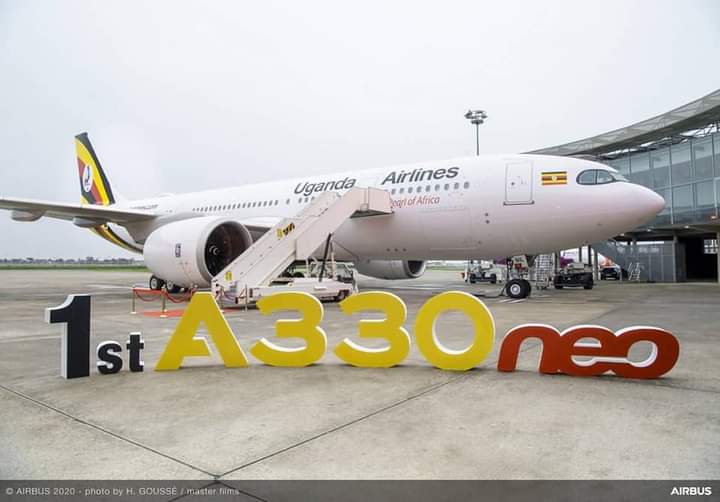As a way of enhancing its connectivity and revenues, Uganda Airlines is set to enter into interline agreements with Emirates, Qatar Airways and KLM among others.
Interline is an agreement between airlines that allows one airline to sell services to customer services that are provided by another airline. Airlines use interlines to sell routes that they would otherwise not be able to serve alone.
Agreements between Uganda Airlines and Emirates will be a Unilateral one, whereby Emirates will sell Uganda Airlines operational routes.
“Unilateral means Uganda Airlines will not be able to sell Emirates routes yet as the former is a new entrant. Since Uganda Airlines is new, it takes time for some airlines to open up fully,” a source said.
It has also been established that the agreement between Uganda Airlines and Qatar Airways will be a bilateral one where both airlines will sell each other routes.
However, for KLM, discussions are still at infant stages but with the intention of signing a bilateral agreement. “The final decision whether unilateral or bilateral depends on the other airline (KLM),” a credible source revealed.
Meaning of these agreements
For Unilateral agreements, sources say, Emirates will feed passengers into Uganda Airline routes out of Entebbe and Dubai.
“For Bilateral, we shall market each other and sell routes that each Airline operates,” an inside source said, adding: “They will connect our clients worldwide, feed into their other destinations beyond their hub Airports and their destinations where we do not fly to at the moment.”
The agreements also mean wider market visibility of Uganda products in Africa, America, the far East, Australia and other parts of Europe.
It will also give a bigger global tourism reach for Uganda, a source said. The agreements will also mean network growth for the nascent Uganda Airlines.
“In simple terms, these agreements mean increased passenger numbers on our flights,” a source said, adding that this will boost the airline’s revenues.
Other partnerships
Uganda Airlines has other key partnerships including bilateral Interline E-Ticketing (IET) agreements with Hahn Air and APG which are used as plating carriers in markets where Uganda Airlines is not active on BSP (Billing and Settlement Plan).
Sources say Uganda Airlines is also “in the process of signing the Multilateral interline Traffic Agreement (MITA) as it’s a prerequisite from some Global Airlines before they can sign with the national carrier and this will enable the Airline to sell on any airline which is a member of MITA and vice versa.”
For IATA (International Air Transport Association) full Membership, sources say Uganda Airlines needs IATA Operational Safety Audit (IOSA) registration, an administrative review by the Membership Department and payment of all applicable fees and dues.
Do you have a story in your community or an opinion to share with us: Email us at editorial@watchdoguganda.com













